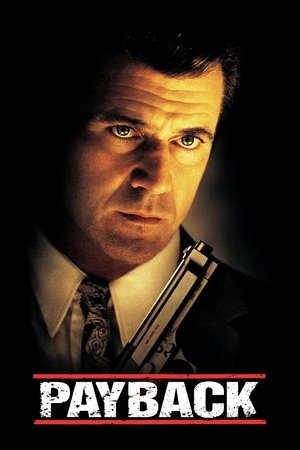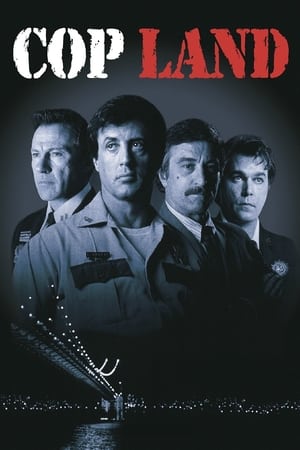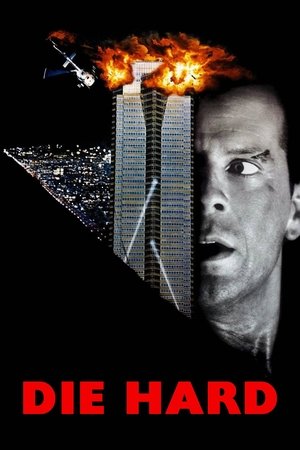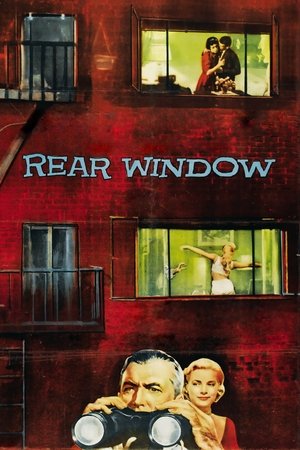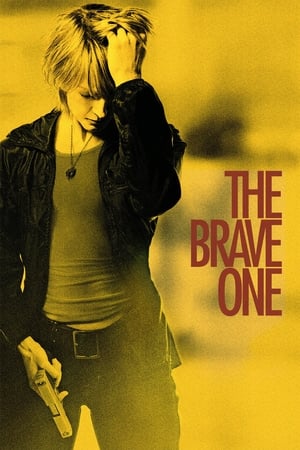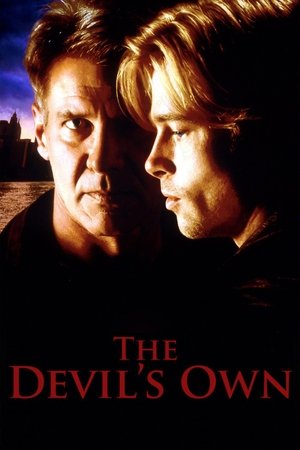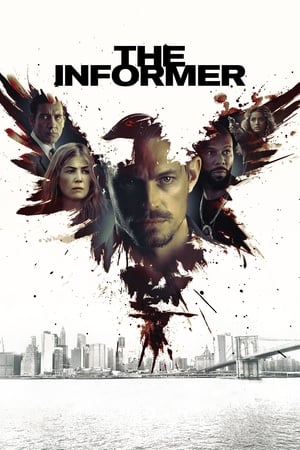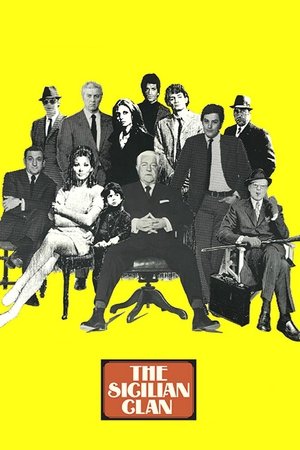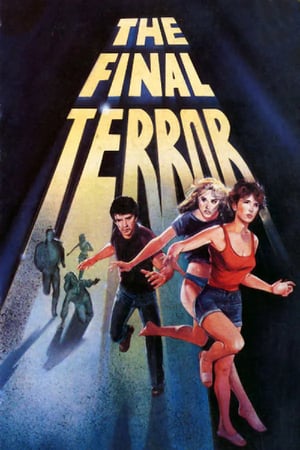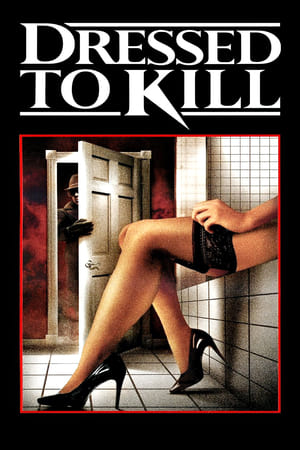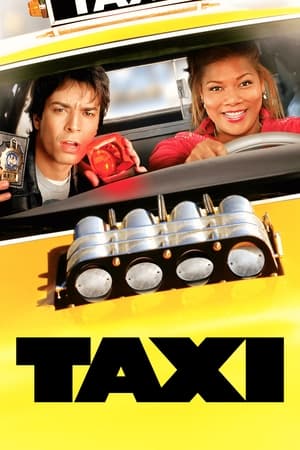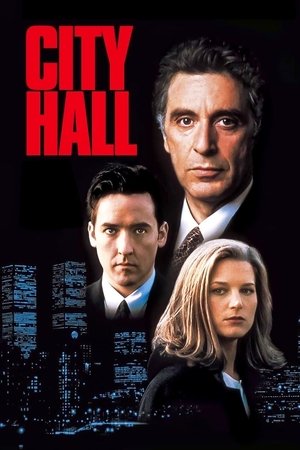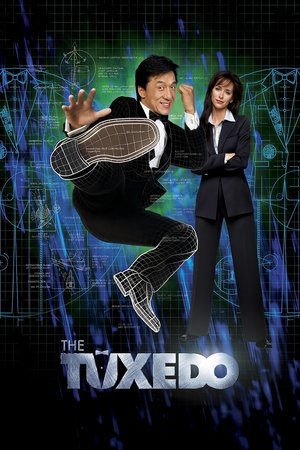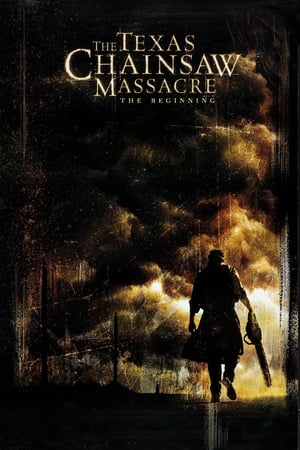Overview
A slick New York publicist who picks up a ringing receiver in a phone booth is told that if he hangs up, he'll be killed... and the little red light from a laser rifle sight is proof that the caller isn't kidding.
Reviews
Phone Booth dials up its millennial tension through suspenseful confined calls. Joel Schumacher is a rather inconsistent director. Unusual, yet capricious. From ‘The Lost Boys’ to ‘Batman & Robin’, his career has been considerably scattershot in terms of quality. Phone Booth, whilst quintessentially being a product of its time, happens to be his most simplistic. An arrogant publicist is held hostage in a phone booth by a mysterious sniper who offers him an ultimatum.
A hyperbolised exercise in absolution from an absurdist’s perspective, Schumacher delivers a nail-biting thriller from the confinement of one besmirched public booth. Unscrupulous sex shops on one side of the grubby New York street, and a religiously inclined series of posters dictating “who do you think you are?” on the other side. It may just be a lightning paced disposable techno thriller to many, but if you divulge into the finer details you’ll notice it is overwhelmed with morality. The repentance of sins. Cleansing the soul from immorality. The harsh tones of Sutherland’s antagonistic voice, likening himself to a higher (or lower...) entity, offering Farrell’s Stu a chance for redemption. A surprisingly thematic endeavour for Schumacher, whether intentional or not, the religious symbolism in its subtle visuals or literary narrative were certainly profound.
It smooths out the neo-noir roughness that forces this thriller to be nothing more than disposable entertainment. Aside from Farrell’s strong performance as the arrogantly unlikeable Stu and Sutherland’s menacing tone, the supporting cast were mediocre at best. Whitaker, Mitchell and Holmes rarely had an opportunity to shine within the mucky street and had a tendency to overact. The act of forgiveness, whilst being a pivotal point to the whole ordeal, seemed incredibly vacuous without much deliberate intervention. All too easy, considering how long Stu kept his unfaithful behaviour up for. Cohen’s script was sharp and concise, occasionally stagnating in moments of desperation when not knowing how to progress the hostage situation further.
Stevens’ editing was swifter than Sutherland cocking his sniper rifle multiple times. On screen graphics to display scenes running simultaneously, such as police officers tracing the encrypted phone call, keeping the pace consistently tight. Some of visuals, such as the red dot from the sniper, obviously smelt of fakery as well as the space effects showcasing the satellite sending communications to mobile phone chips etc. Y’know, common tropes from films created in the early naughties.
As I said, it’s very much a film of its time. Yet despite the rough disposable nature of Phone Booth, it’s a much more entertaining call then being on hold for an hour and a half. I can tell you that from experience...
.
"Phone Booth" starts off a bit slow in the first act, but it quickly picks up the pace and becomes more intense as it goes along.
Colin Farrell and Forest Whitaker deliver fantastic performances that really bring the intensity to life. Kiefer Sutherland, who I know and love from 24, is chilling as the voice on the phone, adding a menacing layer even without much screen time.
What’s also impressive is that the whole movie was shot in just 10 days, with two extra days for some additional shots. It’s amazing they created such a suspenseful film in such a short time. Overall, I really enjoyed it!

 81 min
81 min
 6.86
6.86
 2003
2003
 USA
USA
 The Movie Diorama wrote:
The Movie Diorama wrote:
